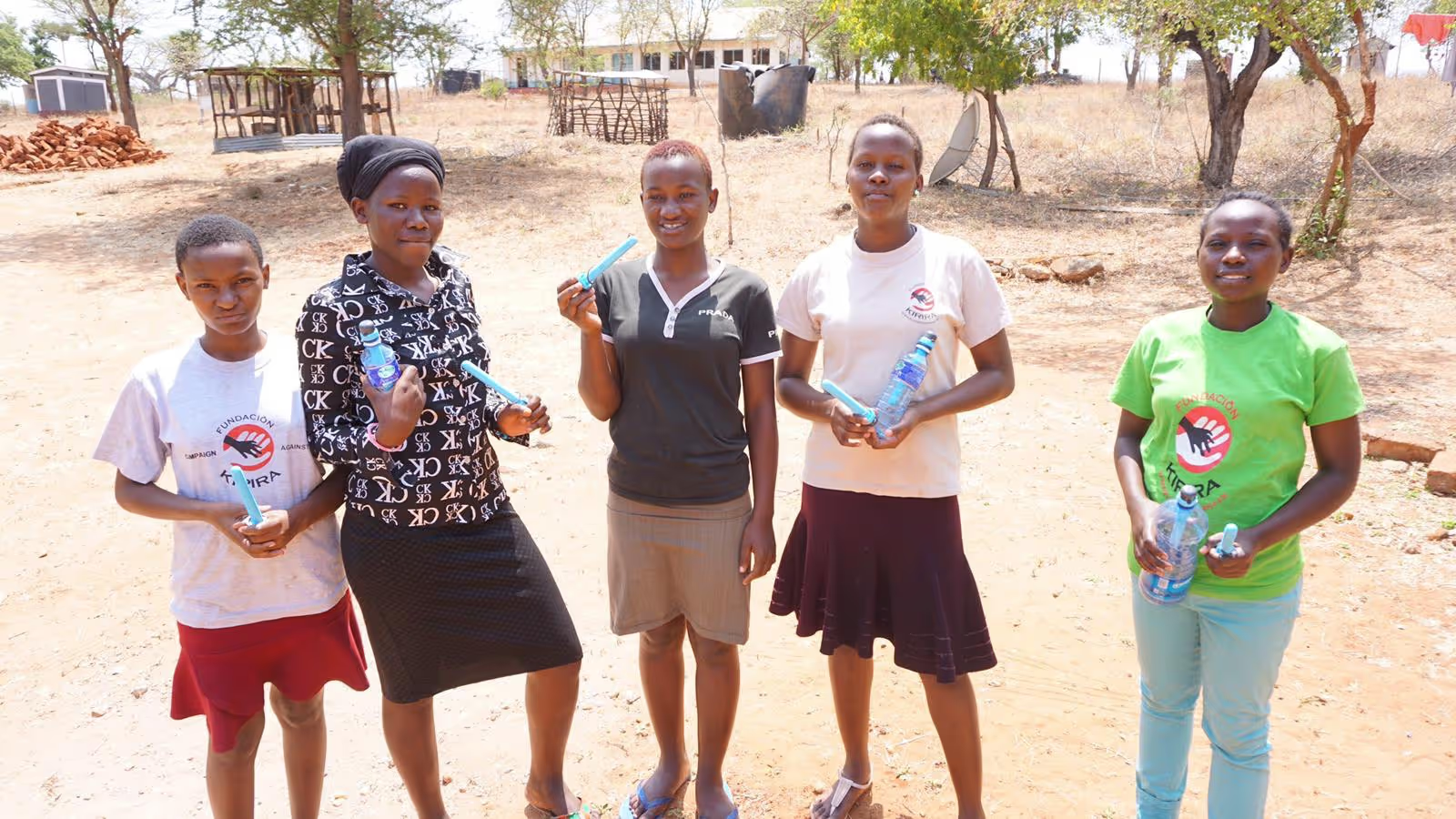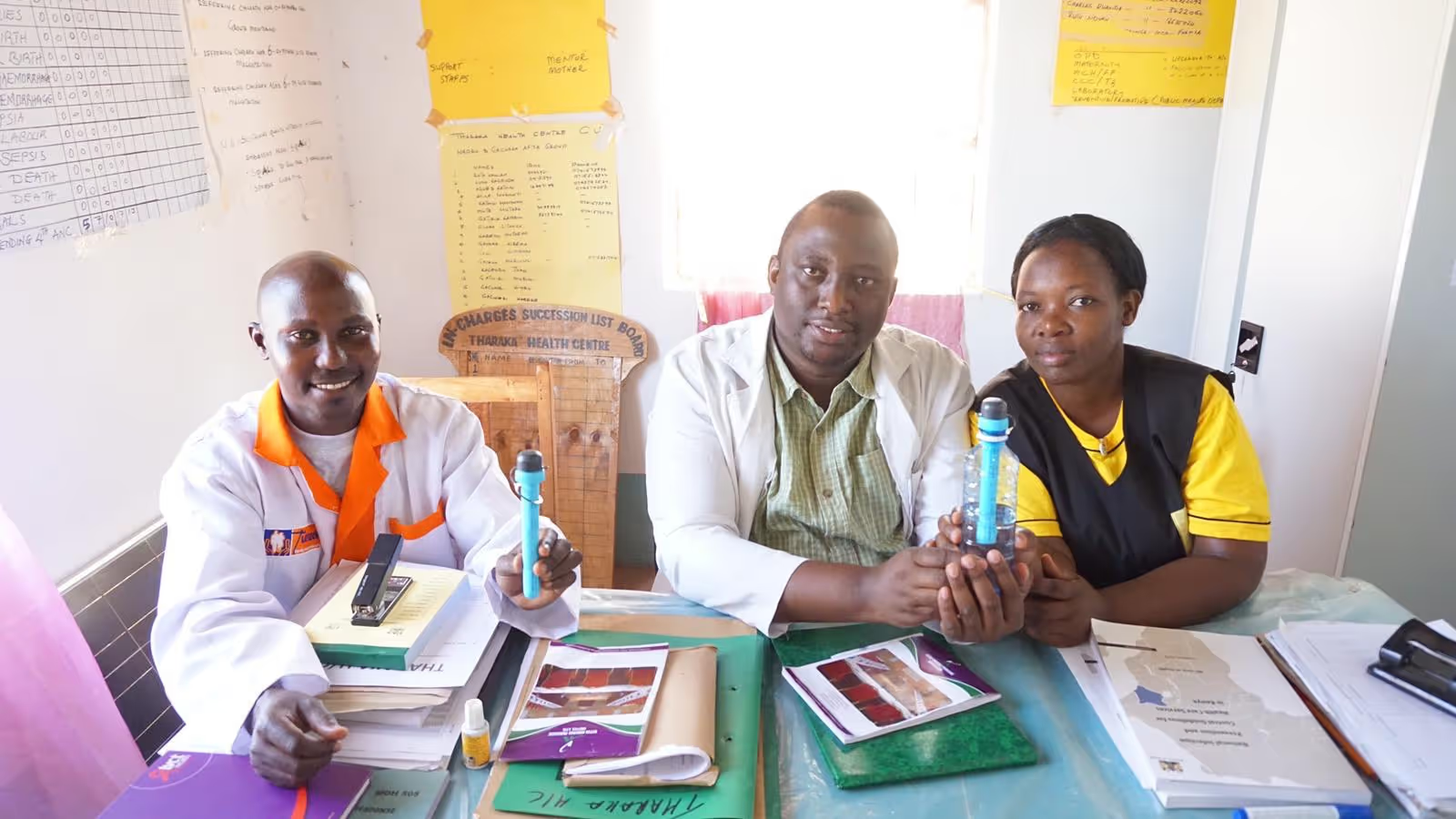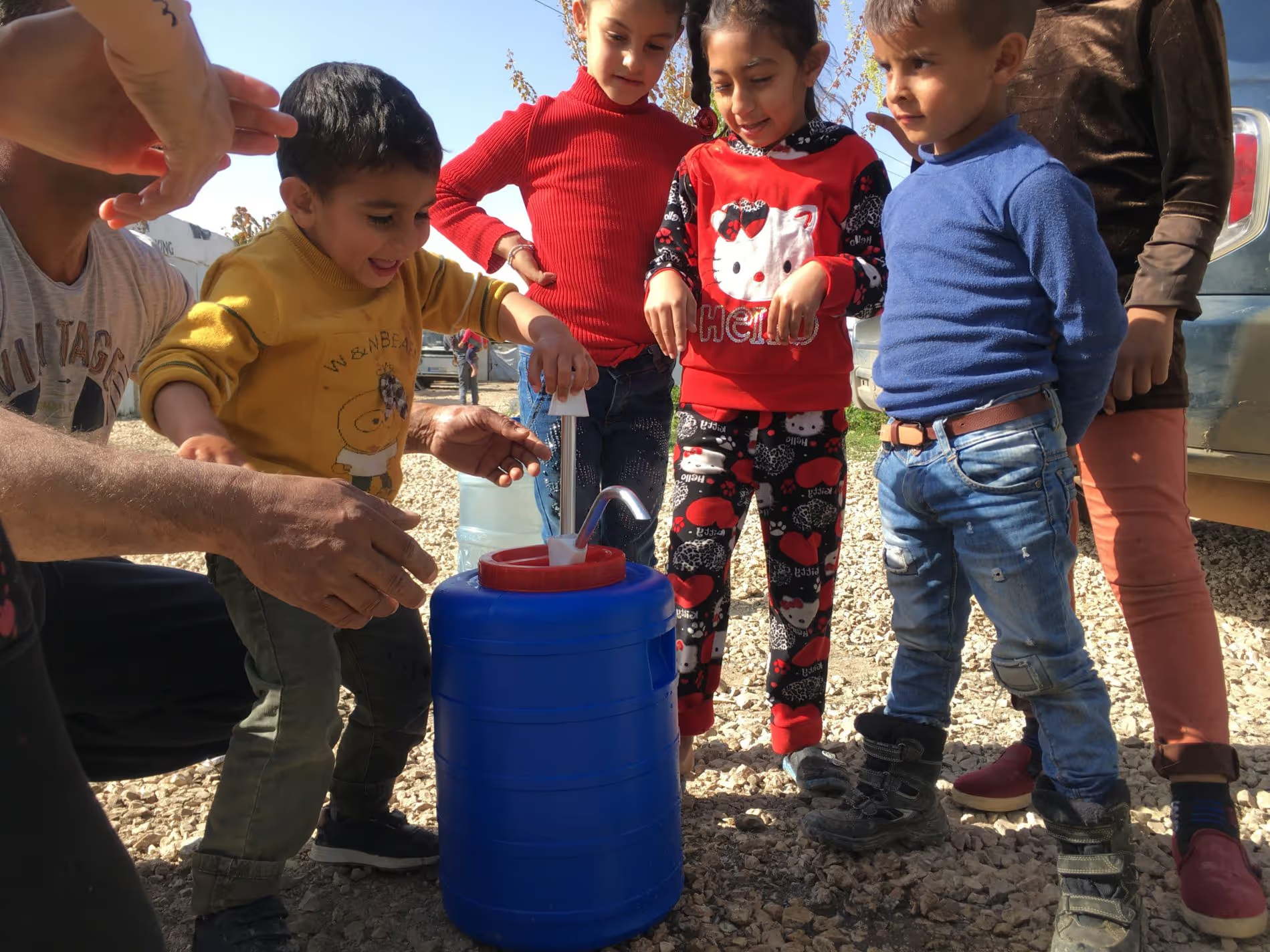Faircap: From an initial concept to making finished product part 2
20
September
2019
Type
Grantee insights
Area of funding
Humanitarian Innovation
Focus areas
Scale
No items found.
Year
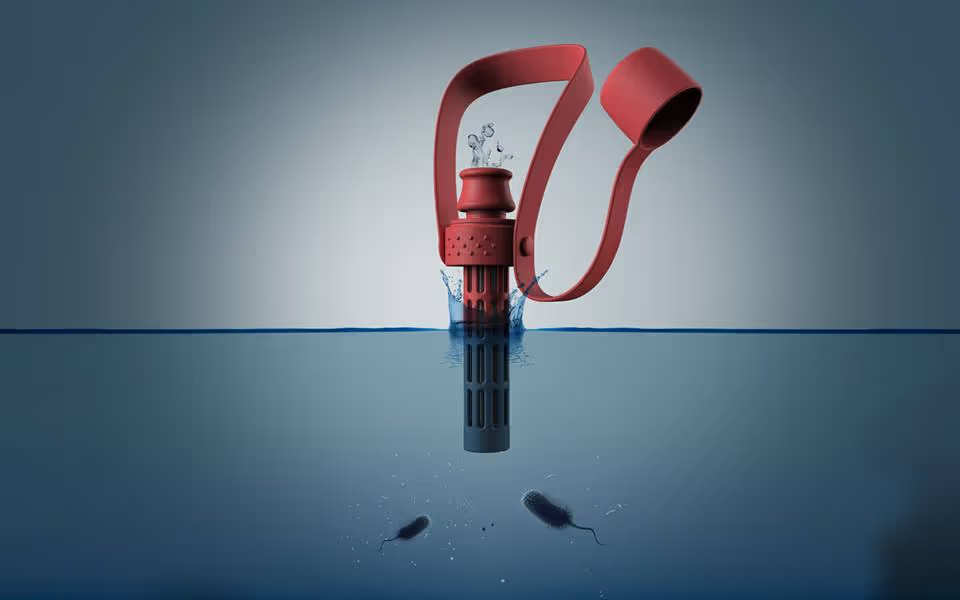
In part two of this blog post, we look at how we are building evidence regarding what works and what the limitations of the project are. If you haven't already, please read our first blog.
Building evidence
An important lesson to innovators that we would like to share is that the adoption of an innovation in the field might take more effort than maybe even developing the innovation itself.
Large organisations working to solve urgent problems during an emergency might have little time and resources to actually try out new products or solutions. Our suggestion is to document and gather lab and field data as a key part of the whole project. Organisations are more likely to adopt it if it has been proven to work previously in other settings.
We presented Faircap at the International Disaster Response Expo in London and at Elrha's WASH showcase to get feedback from humanitarian experts.
One of the most common questions we are asked is: 'how do we know that the Faircap filters actually work?'
To answer this question as collaboratively and as transparently as possible we've invited other researchers and experts to rate Faircap based on the evidence they gather.
We focused first on sending filters to be independently tested in labs, listed below:
- UN Humanitarian Response Depot in Brindisi, Italy reviewed the Faircap Mini filters for bottles and provided us with very positive comments and feedback.
- Bachema AG, and independent lab in Switzerland where they confirmed the removal of 99,99% of E.coli in previously spiked water.
- The Virus Contaminants Lab at the University of Barcelona, where they tested the filters further following WHO’s protocol for household water filters.
At the Virus Cotaminants Lab we participated in the testing process. Understanding what it took to make these kind of tests in a lab allowed us to think about finding ways to conduct similar tests in the field.
We have already received a request by a PHD researcher at the Technical University of Berlin to test Faircap and compare it to other commercially available filters. Because of this collaboration we were able to send some Faircap filters to a small hospital being built in a refugee camp in the north of Syria and we will be partnering with Oxfam to test the filters in Mozambique.
The more data we gather, and the more evidence we accumulate regarding what works and the limitations of our innovation, the better we will be able to present the benefits compared to what is currently being used in the field.With the inputs from different users, different organisations and collaborators we already have a few conclusions that will help guide the project forward:
- The Faircap Mini filter for bottles can be very useful where mobility is an issue - during migrations, where people have to walk long distances to fetch water, or where people have to travel far to work or go to school.
- The Faircap filter can serve as a clean water awareness tool - you can show easily how a filter can improve the water quality instantly, helping with the adoption of larger filtration devices if people are not convinced of the benefits of these technologies.
- A family filter would make more sense in settings such as camps - we modified our designs to make a small filter that can be adapted to existing containers like Jerry Cans. We are still in the prototyping phase but have shared some of our ideas with end users in Lebanon, Kenya, The Gambia and Syria and it looks promising.
We will continue with this process of designing and innovating again based on the feedback and evidence that we gather until we can provide organisations and end users a solutions that adapts to their needs, making it affordable, effective and easy to use.
No items found.
Stay updated
Sign up for our newsletter to receive regular updates on resources, news, and insights like this. Don’t miss out on important information that can help you stay informed and engaged.
Related articles
all latest news
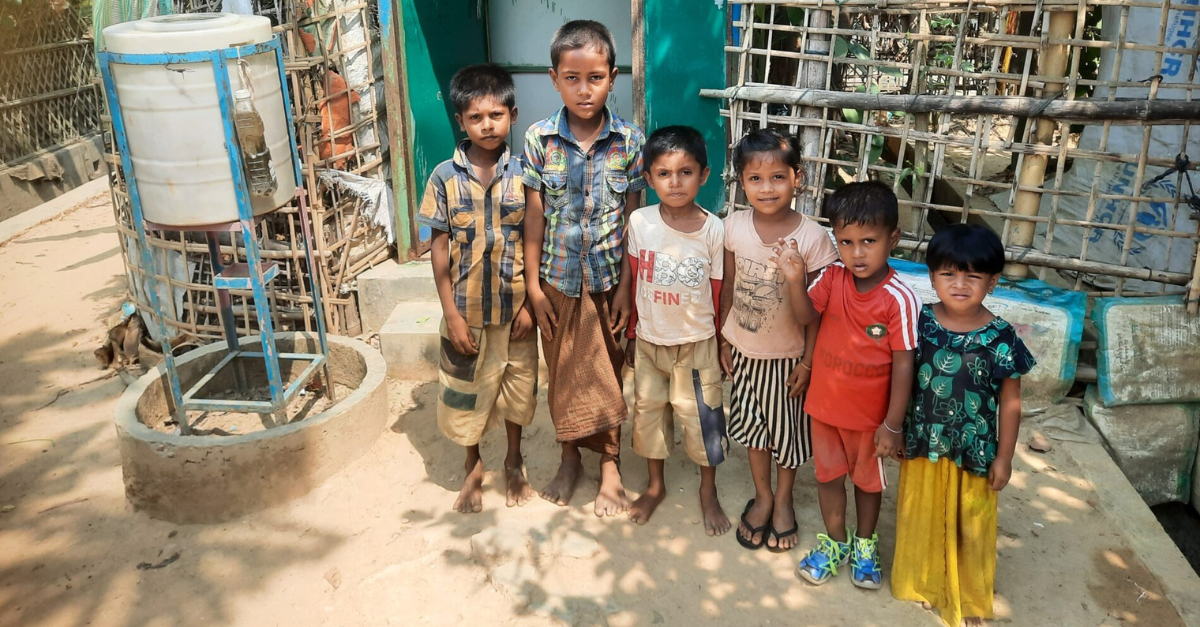
News
Supporting Refugees – Projects we support in crises settings
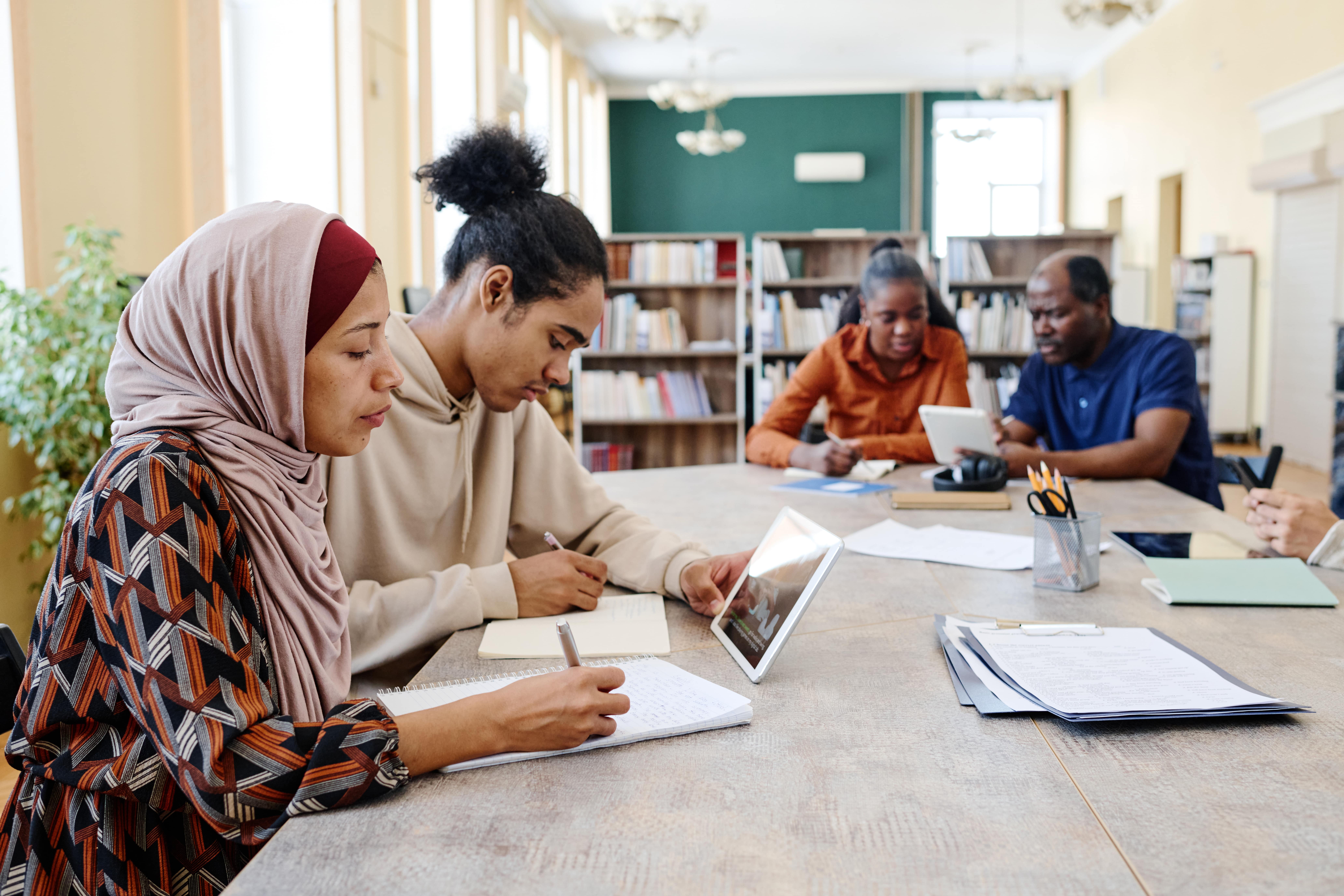
Elrha insights
Help, hazard or hype: reflections from our humanitarian AI learning journey
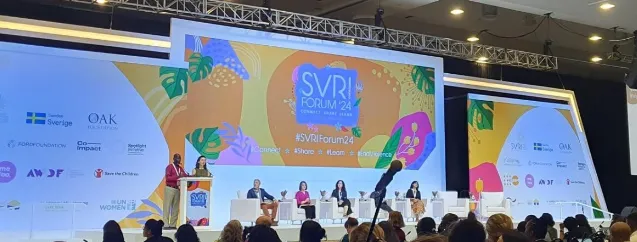
Elrha insights
Humanitarian innovations addressing gender-based violence are driving impact
Explore Elrha
Learn more about our mission, the organisations we support, and the resources we provide to drive research and innovation in humanitarian response.
